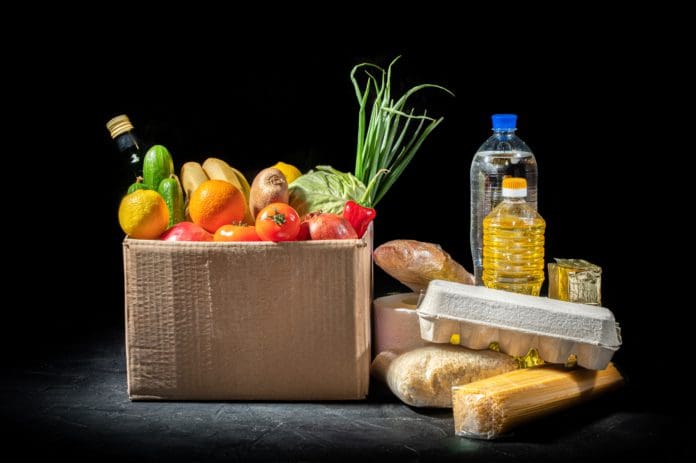Food insecurity remains an ongoing problem in Florida, especially as a government shutdown looms. One food bank is dealing with that uncertainty, while also trying to help its region continue to recover from Hurricane Idalia.
Monique Ellsworth, the CEO of Second Harvest of the Big Bend, says the food bank has distributed 1.1 million additional pounds of food since Idalia. But now the region faces another problem that could exacerbate hunger: a major employer in the hurricane-hit town of Perry has announced its closure. And Ellsworth is concerned about the compounding impact of all these crises on so many families.
“Not only have we just been pummeled by a hurricane, if you live in Perry and you were lucky enough to work for Georgia-Pacific, you’ve just been put on notice that you’re about to lose your job,” she said. “And then a government shutdown could mean that SNAP applications could be delayed. If you are receiving SNAP benefits and this extends too long, that could be impacted.”
SNAP is the Supplemental Nutrition Assistance Program, also known as food stamps.
Second Harvest is collaborating with other food banks to plan for the shutdown. Ellsworth said they’re seeing more need and fewer resources. Her biggest concern about their ability to procure food for new families that may need services …
“…is the fact that about 25 percent of all the food that we distribute is federal in nature. It comes from the USDA… Any delay in the budget could mean that down the road we see our inability to order food through that program, which, again, makes up 25 percent of everything we distribute.”
The good news is that Second Harvest of the Big Bend is expanding significantly, which will affect the rest of Florida and the southeastern United States. This food bank has become a protein hub, meaning it can repackage the huge allotments of meat that often are donated by companies like Tyson. Much of that meat used to wind up in landfills because the food banks couldn’t turn it into manageable amounts for people needing it. But now Second Harvest can.
“We have 165,000 pounds of chicken sitting inside of our freezer – a first time for our community to have that level of protein available – that this small room over here, starting two months ago, began to repackage, meaning that we now open it, take product out, and downsize it into sizes that are more manageable for a family and safely label it all,” Ellsworth said. “We are going a step beyond that and we’re going to be USDA-certified.”
That protein hub will be serving all Florida’s food banks. Ellsworth said her counterparts in Jacksonville and Atlanta had been planning their own hubs but decided to collaborate with Second Harvest and spend that money elsewhere.
Feeding America CEO Claire Babineaux-Fontenot spoke at a recent hunger summit in Tallahassee. She was asked what makes a community successful in addressing hunger.
“Showing kindness and grace to people who happen to be at a moment in time when they’re in need of resources that you and we, surely we feel grateful that we’re well-positioned to share,” she said. “So, that type of generosity is definitely an element
That generosity could soon be challenged, as Congress faces a shutdown that could be disastrous for millions. Another central food-support program, the Women Infant and Child program known as WIC, is also endangered. More than 420,000 Florida families rely on the program to feed infants and children.
9(MDA4MzU1MzUzMDEzMTkyMzAwMzY5MjY1Mw004))
9(MDA4MzU1MzUzMDEzMTkyMzAwMzY5MjY1Mw004))


